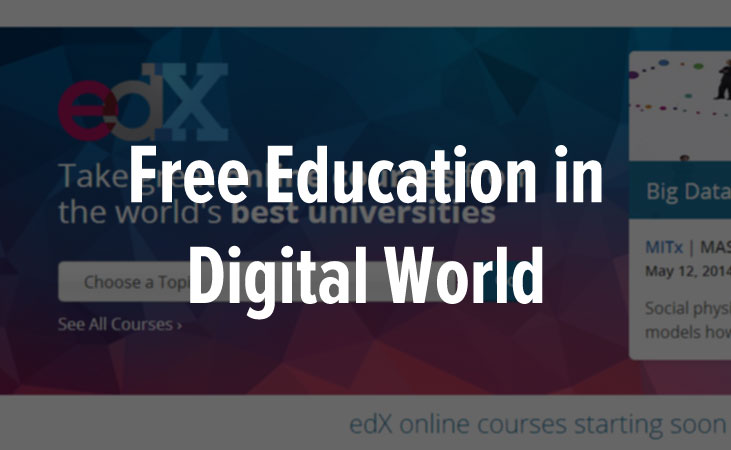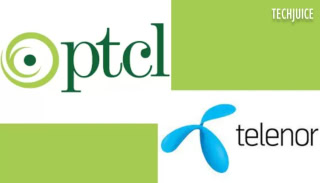Free Education in Digital World

Talk about taking courses online and that too for free and you would have a bizarre collection of courses pop up on your computer screen no one ever has even heard of. Well, that was the past. It’s time you step into the future. The new Open Learning Initiative by Massachusetts Institute of Technology and Harvard has caused much excitement for those who cannot afford a fortune. The edX program started by these two universities puts free courses online in video, audio and text format that can easily be accessible online. MIT offers various courses ranging from computer science, mathematics to social sciences. However, not all of them are available in video format and those that are, are usually the ones that are not that interesting.
But that was the old-fashioned way of doing things. Now you have programs like iTunes U which offers a plethora of free courses available from top universities worldwide. You can choose whichever course you like and download its material in video episodes or podcasts generally. KhanAcademy is another organization that has a channel on YouTube that gives free lectures on various fields of academics ranging from computer science, physics, chemistry, mathematics to humanities.
But the problem is that since many of us actually study to get the credentials, we are not getting any credit through free courses. That’s the trouble facing our existence today – we have taken education to mean literacy, whereas its actual purpose was liberation. Even if you want a credit for the courses you have taken for free, Saylor.org has taken a historic step towards providing free education to all and getting recognition for that. It offers free quality courses ranging from environmental psychology and artificial intelligence to virtually all fields of applied and physical sciences. You can set up your own ‘e-portfolio’ and even get a transcript printed of all the courses you have taken and successfully completed. As to whether that transcript is recognized by many universities today or not is a different story altogether. Moreover, it offers $20,000 to those educators who agree to openly license their textbooks, thus ensuring that it benefits both – those seeking education, and those providing it.
Research Your Way:
You can no longer complain that you were not able to get good quality education just because you lived in a part of the world that didn’t facilitate education, or that you could not afford the staggering tuition costs of world-class universities. If you have an internet connection, and that’s all you really need, just log on and study whichever course you like. Those wanting to conduct some research on some particular topic/field would also find such free resources particularly useful. Naturally the very word ‘free’ captivates us and we want to utilize the opportunity even if we don’t really need it. But you and I have to ask ourselves now, is education an option?
The writer is a digital media scientist and a cultural critic. You can catch her on Twitter @mehreen_omer
Related Posts
PTCL-Telenor Deal Faces Delays, Closing Expected in Next Two Months
ISLAMABAD: The PTCL-Telenor deal, involving PTCL’s acquisition of Telenor Pakistan, is facing delays due to pending regulatory approvals. The transaction, initially expected to close earlier,…
Kia Sportage L Price in Pakistan Revealed: Booking Details and Full Variant List
Kia has officially revealed the Kia Sportage L price in Pakistan, along with booking details for its latest SUV. The vehicle, which was introduced last…














